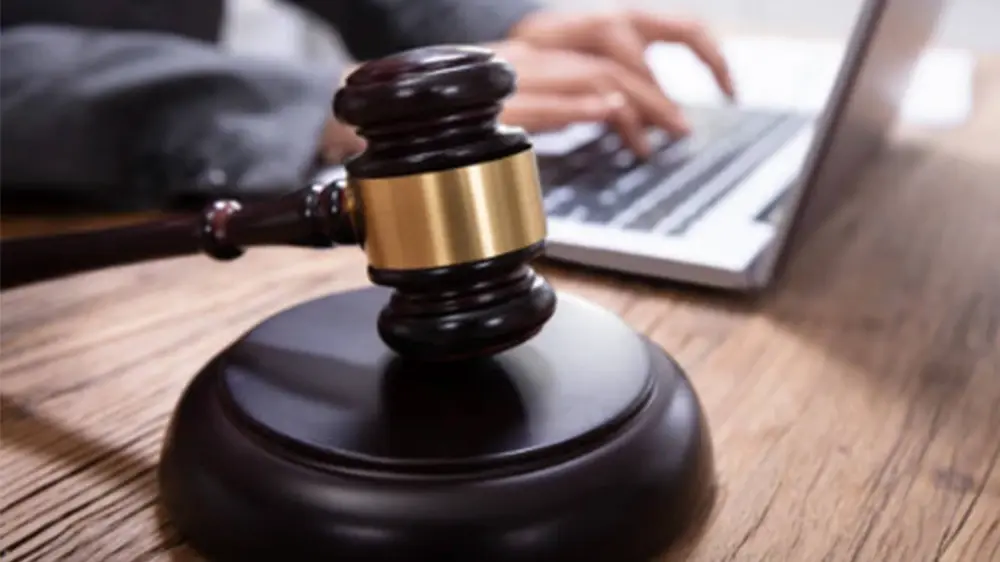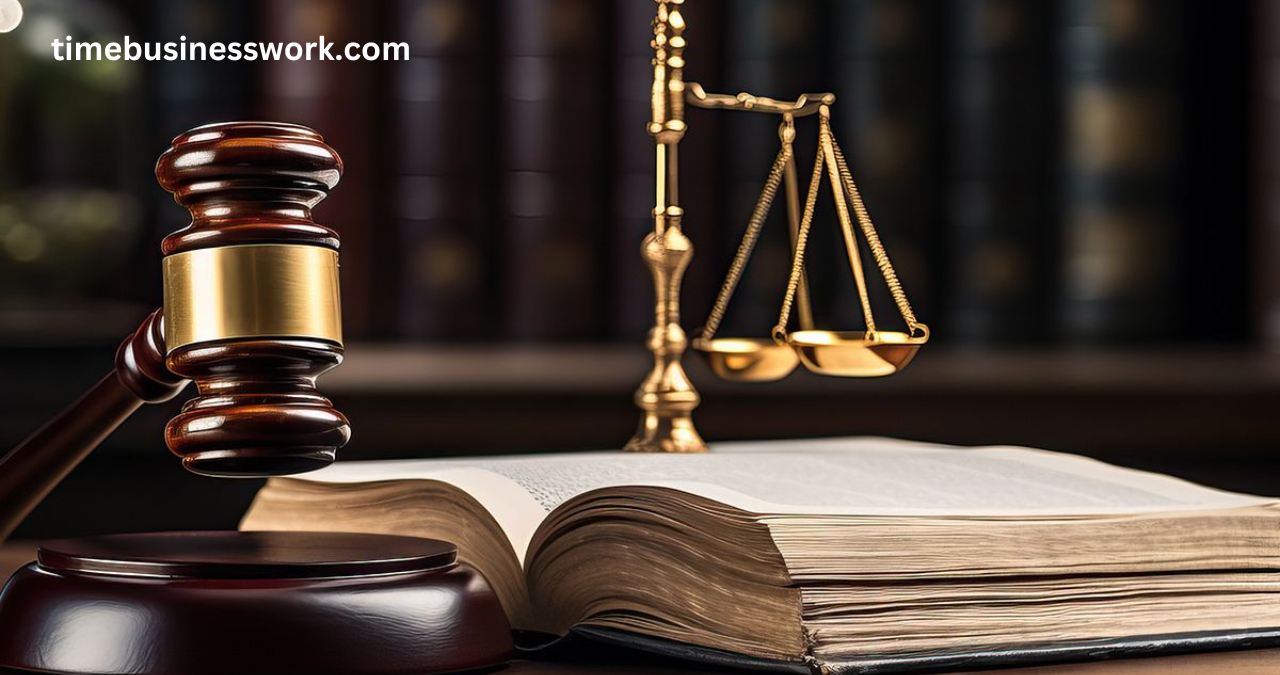Introduction
The legal battle between c.w. park usc lawsuit and the University of Southern California (USC) has captured significant attention due to its complexity and the high stakes for both parties involved. c.w. park usc lawsuit, an individual with substantial experience and background in his respective field, has filed a lawsuit against USC, alleging serious claims that have raised questions regarding academic and employment practices within one of the nation’s most prestigious universities. This law is crucial for Park and USC and sheds light on the broader implications for institutional accountability and fairness in legal disputes.
This article explores the details surrounding the C.W. Park USC lawsuit, highlighting the key events, legal claims, proceedings, and the potential consequences for both sides. Understanding the context, the legal arguments, and the possible outcomes will provide readers with a comprehensive view of why this case matters and how it could influence similar cases in the future.
Background of the C.W. Park USC Lawsuit
Who is C.W. Park?
C.W. Park is an individual whose name has come to the forefront of this legal dispute due to the allegations brought against USC. While specifics about his professional background remain private, it is clear that Park’s expertise and reputation were closely tied to his work at USC. It is believed that Park’s association with USC began years ago, and during this time, he had built a professional relationship with the institution. However, the lawsuit starkly contrasts this past affiliation, suggesting that specific actions taken by the university have led to a breakdown of trust and legal conflict.
Overview of USC (University of Southern California)
USC, located in Los Angeles, is a globally recognized institution known for its world-class education, extensive research programs, and notable alums. Over the years, it has become a powerhouse in business, entertainment, law, and the arts. Its reputation has been built on decades of academic achievement and its role in shaping the future of education.
However, this lawsuit has spotlighted the university’s internal workings, raising questions about its practices, particularly in employment and academic governance. Despite its prestigious status, USC is not immune to criticism or legal challenges, and the outcome of this lawsuit could have far-reaching implications for how the university operates, both internally and externally.
The Initiating Incident
The events that led to the lawsuit are still a matter of legal proceedings and public debate. However, what is clear is that a dispute between Park and USC escalated to a legal confrontation. Some reports suggest the lawsuit stems from issues surrounding employment contracts, workplace conditions, or potential discrimination. The allegations culminated in Park filing a formal lawsuit, seeking legal redress for the harm caused to his professional career and personal well-being.
The Legal Allegations and Claims
Overview of the Lawsuit

In the lawsuit, C.W. Park has put forth several claims against USC, with the central argument revolving around what he views as a violation of his rights and professional standing. The claims reportedly include breach of contract, wrongful termination, and potential discrimination or unfair treatment. While these allegations may seem typical in employment-related lawsuits, the involvement of a major institution like USC makes the case particularly noteworthy.
Park’s legal team has emphasized USC’s wrongful actions, claiming that the university violated established agreements and policies. These allegations suggest a deeper systemic issue rather than a one-off dispute. Given USC’s prominence, the lawsuit is significant regarding potential monetary compensation and its broader implications on university employment policies and institutional accountability.
Key Legal Issues
The legal issues raised in the lawsuit touch upon several important areas of law. Chief among them are labor law and civil rights, as Park has accused USC of failing to adhere to appropriate employment standards and practices. The case could also involve contractual disputes related to terms the university may have breached. Park’s legal team argues that USC’s actions were unlawful and significantly damaged Park’s reputation, career, and livelihood.
As the case proceeds, these legal issues will be scrutinized in court, potentially setting new precedents for similar lawsuits involving academic institutions and their employees. Understanding these legal principles is essential for anyone following the case, as they form the backbone of Park’s claims and the university’s defense.
Defendant’sDefendants’ Response
USC has vigorously defended itself against the claims made by C.W. Park. The university’s legal team has denied most of the allegations, asserting that it acted by its policies and did not engage in unlawful practices. The defense team has also suggested that any actions taken against Park were based on performance or procedural issues rather than discrimination or wrongful conduct.
Moreover, USC’s legal strategy has focused on disputing the specific details of the allegations. In some cases, the university has pushed for dismissal, arguing that Park’s claims are unfounded or lack the legal basis to proceed. As with most legal battles, both sides are preparing for a prolonged process, with motions, hearings, and negotiations likely to continue for the foreseeable future.
The Legal Proceedings and Court Developments
Pre-Trial Hearings and Settlements
Before the trial, both parties engaged in several pre-trial hearings, where legal motions and evidence were presented to the court. During this phase, USC and Park’s legal teams attempted to resolve the matter outside of court, but no significant settlement was reached.
Negotiations between the two sides were unsuccessful, leading to the lawsuit’s continuation—the failure to settle points to the high case stakes, with both sides unwilling to compromise. Pre-trial motions also addressed various legal issues, such as the admissibility of evidence and the lawsuit’s scope.
Trial Process
The trial has been long and arduous, with both sides presenting evidence and arguments in court. Key moments in the trial include witness testimony, expert opinions, and documents supporting each side’s claims. Due to the institutions’ prominence, legal analysts have followed the protocol and employed key legal tactics to gain an advantage in the trial. Park’s team has sought to emphasize the damages caused by USC’s alleged actions, while USC’s team has focused on discrediting Park’s claims and defending the university’s policies.
The Role of Legal Teams
Both sides have enlisted experienced legal teams with expertise in employment law and institutional disputes. Park’s team has focused on building a case around wrongful termination and discrimination, while USC’s defense strategy has centered on challenging the validity of these claims. Legal experts are closely monitoring the case as it progresses, given its potential to set important precedents for similar lawsuits in the future.
Implications and Outcomes of the Lawsuit
Possible Consequences for C.W. Park
If Park wins the lawsuit, the potential outcomes could include financial compensation, a public acknowledgment of wrongdoing, or even reinstatement in his previous role. However, the damage to his career and personal reputation could be long-lasting, regardless of the case’s outcome. Even in the event of a settlement or a less favorable outcome, Park may still face significant challenges in moving forward with his career.
Impact on USC
For USC, the consequences of the lawsuit could be equally significant. In this case, a loss could lead to financial penalties, negative media coverage, and reputational damage. In the long term, it could prompt the university to reevaluate its policies, particularly regarding employee treatment and legal compliance. Furthermore, a public loss could hurt future faculty and staff recruitment, as the institution would be less protective of its employees’ rights.
Broader Legal Implications
Beyond the immediate impact on C.W. Park and USC, this lawsuit could influence future legal battles, particularly within academic institutions. A ruling in favor of Park could signal a shift in how universities handle employee disputes, particularly concerning fairness and compliance with employment laws. It could also warn other academic institutions to ensure they follow proper legal procedures when handling personnel matters.
Conclusion
The C.W. Park USC lawsuit is more than just a legal dispute between an individual and a prestigious university; it represents more significant issues surrounding institutional accountability, employee rights, and the potential consequences of failing to adhere to established legal norms. Whether or not Park’s claims are upheld, the case has already highlighted the vulnerabilities in university policies and could shape the future of academic employment practices.
Frequently Asked Questions (FAQs)
- What led to the C.W. Park USC lawsuit?
- The lawsuit stems from allegations of breach of contract, wrongful termination, and possible discrimination between C.W. Park and USC.
- What are the primary claims made by C.W. Park in the lawsuit?
- Park claims that USC violated his rights through wrongful termination, breach of contract, and possibly discriminatory practices.
- How is USC defending itself in this legal battle?
- USC denies the allegations, arguing that their actions are aligned with university policies and performance standards.
- What has been the public reaction to the lawsuit?
- The lawsuit has sparked significant public interest, mainly due to USC’s high-profile status.
- What can other individuals or institutions learn from this case?
- Institutions should be mindful of their employment practices and ensure that legal procedures are correctly followed to avoid similar disputes.
You May Also Read: https://timebusinesswork.com/
